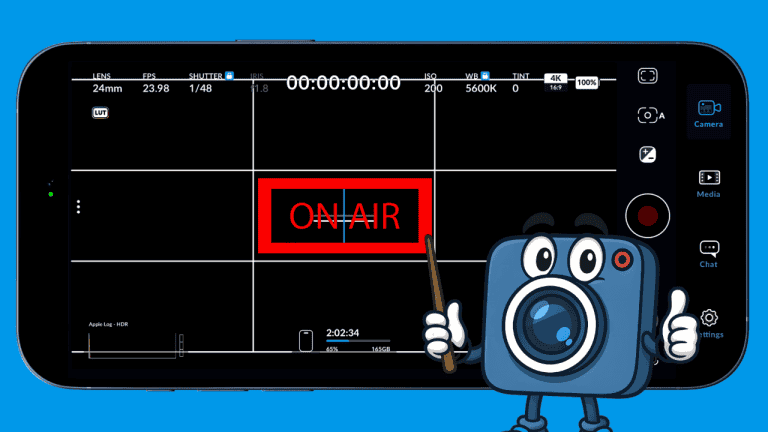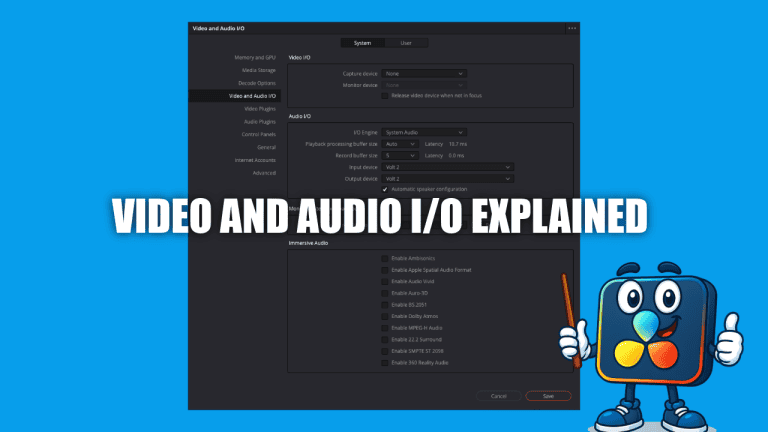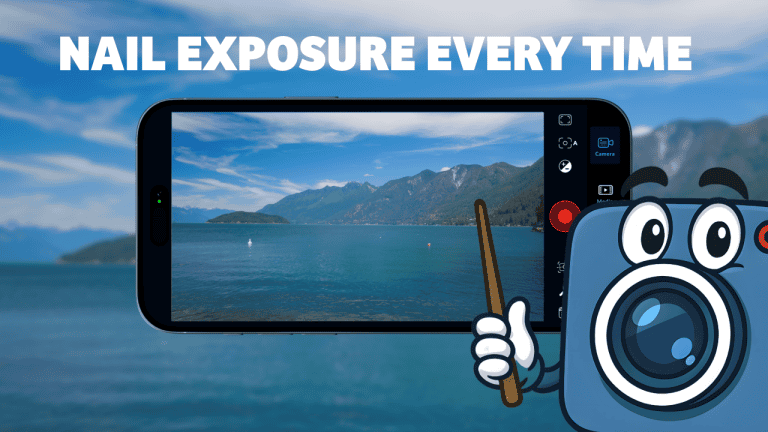Why I Switched to the TerraMaster D4 SSD NVMe for Video Editing
Have you ever used one of those tiny NVMe enclosures that gets so hot it could double as a stovetop? Yeah… I did. And it absolutely destroyed my editing performance. My cache drive throttled, DaVinci Resolve slowed to a crawl, and exports dragged on forever. Then I switched to the TerraMaster D4 SSD NVMe enclosure — and everything changed. Cooler temps. Faster playback. Better exports. Editing feels the way it should.
What the TerraMaster D4 Actually Is
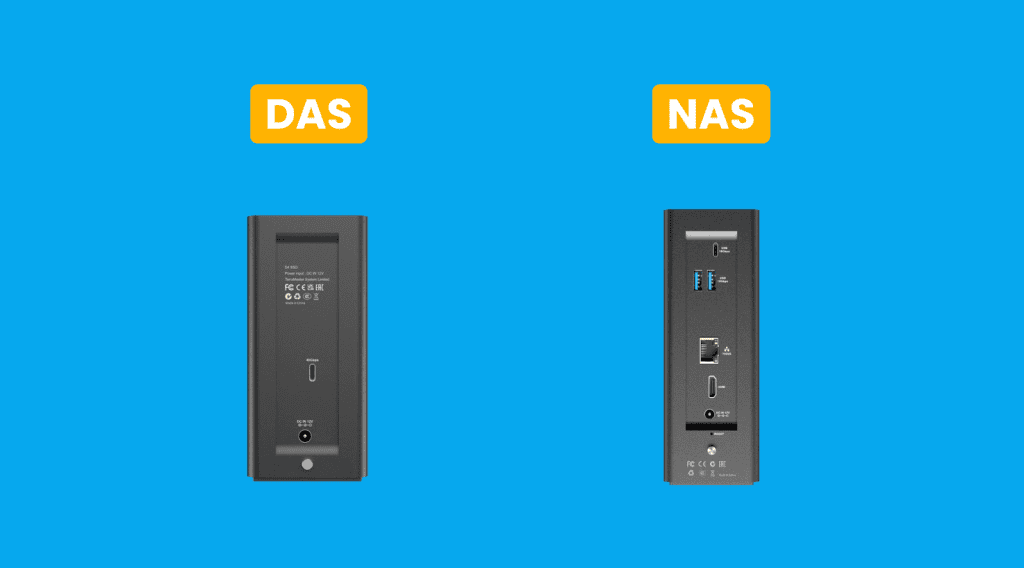
(DAS vs NAS Explained)
The D4 is a DAS — Direct Attached Storage device.
Not a NAS. Not network storage.
You simply plug it directly into your Mac via USB4 or Thunderbolt and it shows up like any external drive.
No networking. No setup headaches.
That simplicity is what makes it perfect for video editing.
What’s in the Box
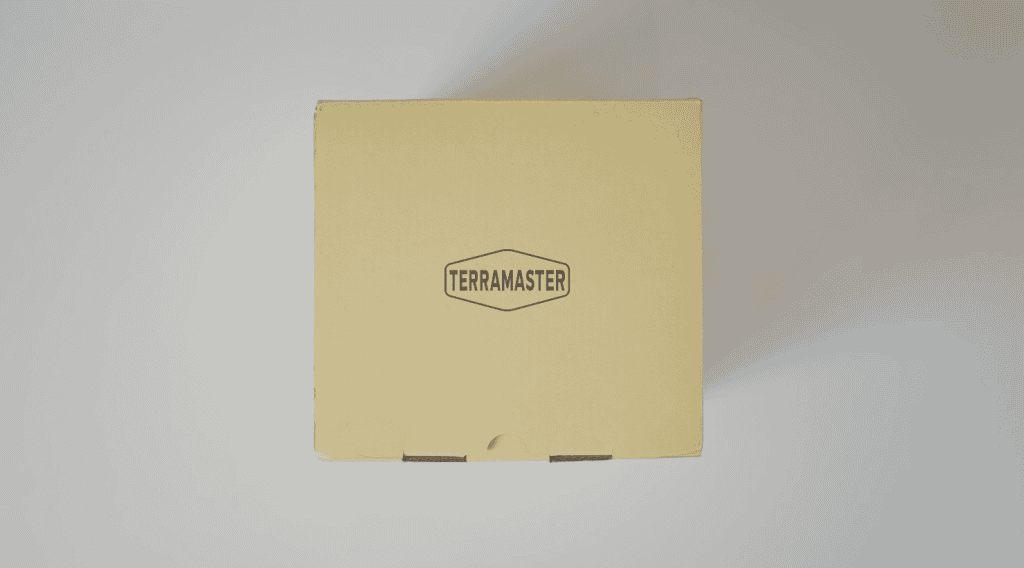
- Warranty papers, manual, quick start guide
- The D4 enclosure in foam protection
- 12V power adapter
- Screwdriver + extra screws
⚠️ Missing cable:
Mine didn’t include a USB-C cable — empty bag but no cable inside.
Maybe yours will be different. 🤷♂️
Premium Cooling & Build Quality
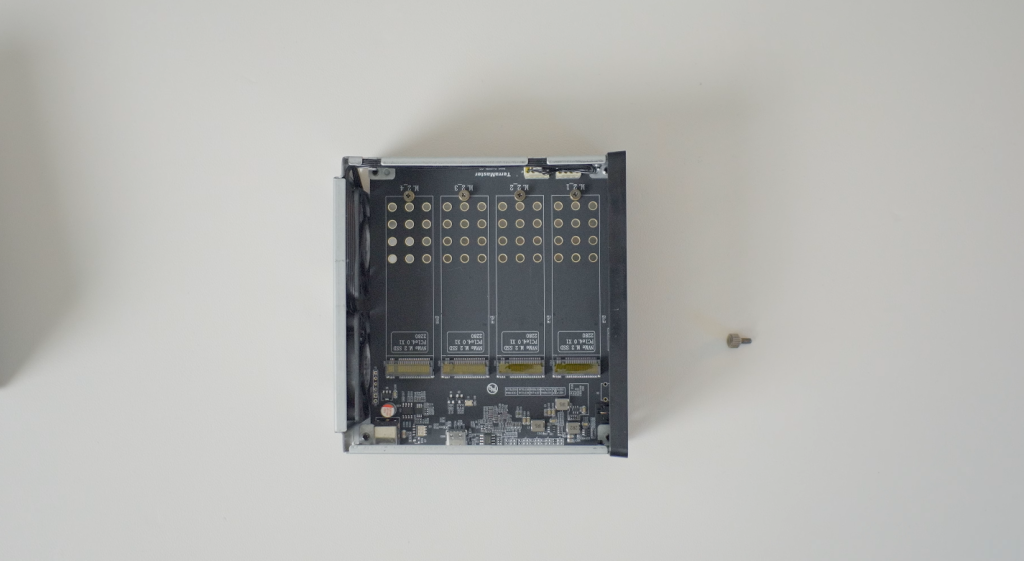
it’s solid metal, clean design, excellent construction.
Features:
- USB-C 4 port for up to 40Gbps bandwidth
- Tool-less thumb screw to open the chassis
- 4× M.2 NVMe slots (PCIe Gen 3 & 4, up to 32TB total)
- Dual active fans pulling air directly over every drive
- Supports aftermarket heatsinks with clearance
The Apple Storage Pricing Problem
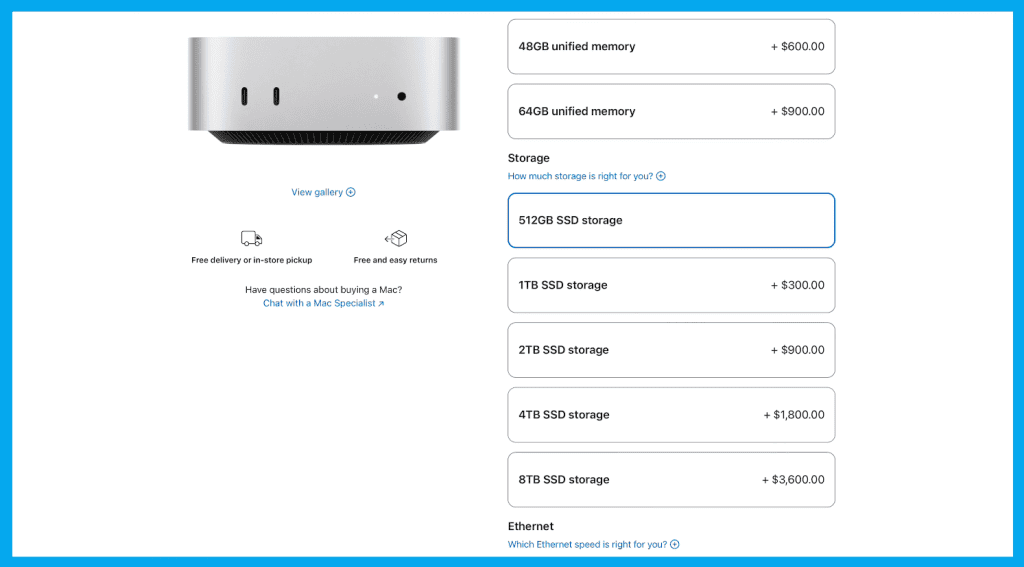
If you upgrade a Mac from:
- 512GB → 2TB = +$900 USD
- To 8TB = +$3600 USD
And you can’t upgrade later.
You’re stuck forever.
With the D4, you choose your own drives…
and upgrade whenever you want.
The SSD Configuration I Chose
I installed:
- 2× Samsung 990 Pro NVMe SSDs (slots 1 & 2)
- 2× Orico 7000 NVMe SSDs (slots 3 & 4)
- 4× Aftermarket Thermalright heatsinks
Perfect balance of speed + efficiency.
RAID Setup for Video Editing
Here’s the layout that maximizes performance:
| Drives | RAID | Purpose | Why |
|---|---|---|---|
| Samsung 990 Pros | RAID 0 | Cache drive | Maximum speed |
| Orico drives | RAID 1 | Working projects | Redundancy + fast reads |
RAID 0 — Speed for Cache
Chunk size: 256K
→ Optimized for large sequential video writes and reads.
RAID 1 — Safety for Project Files
Chunk size: 128K
→ Balanced for mixed media, good for reliability.
“Automatically Rebuild” ON — so if a drive fails, it recovers itself.
Real-World Speed Test Results
Using Blackmagic Disk Speed Test:
| Configuration | Write | Read |
|---|---|---|
| Single Orico | ~1500 MB/s | ~1500 MB/s |
| RAID 1 Orico | same | ~2900 MB/s |
| Single Samsung | ~1500 MB/s | ~1500 MB/s |
| RAID 0 Samsung | ~3100 MB/s | ~2900 MB/s |
Power and Noise Matter
To avoid stability drops under load, I upgraded to:
TerraMaster 7.5A 12V 90W power adapter: Small cost, huge reliability improvement.
Noise levels:
~19 dB — literally whisper quiet. Works perfectly on a desk without distraction.
Final Thoughts
Switching to the TerraMaster D4 has been a workflow game-changer:
- Faster editing
- Cooler, safer SSD temps
- Expandable storage
- Affordable vs. Apple pricing
- Quiet in the studio
Once you use something like this,
it’s really hard to go back to single-drive enclosures.



